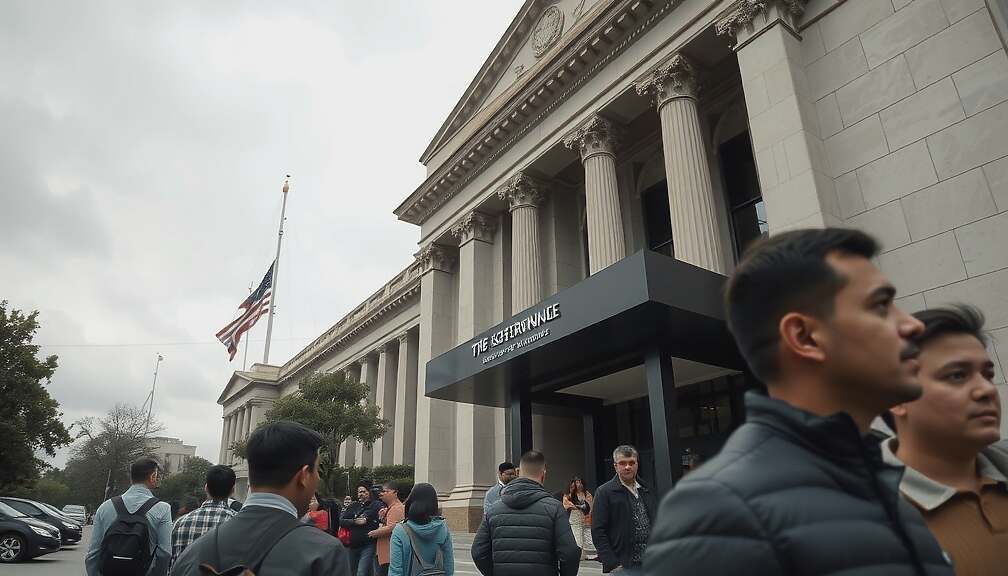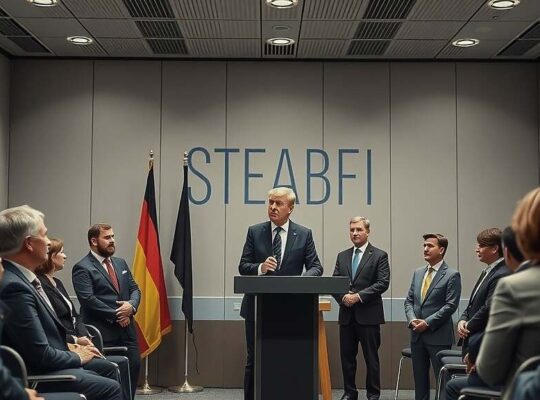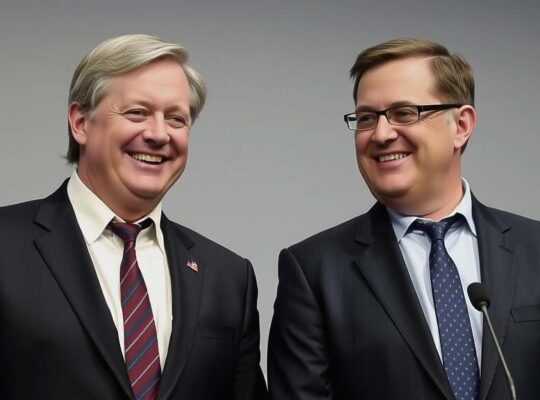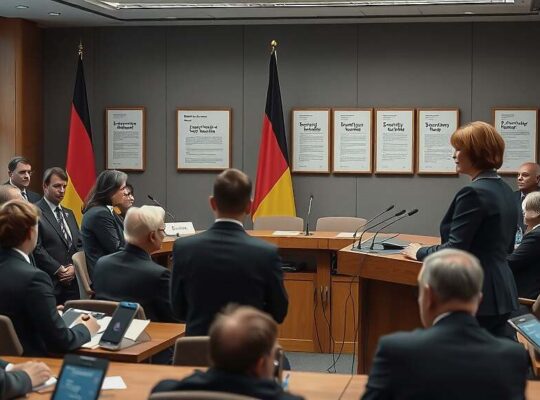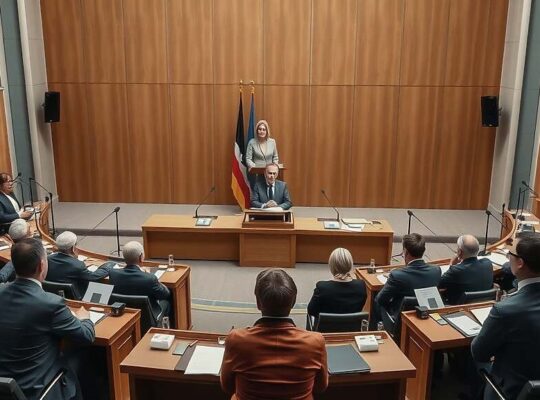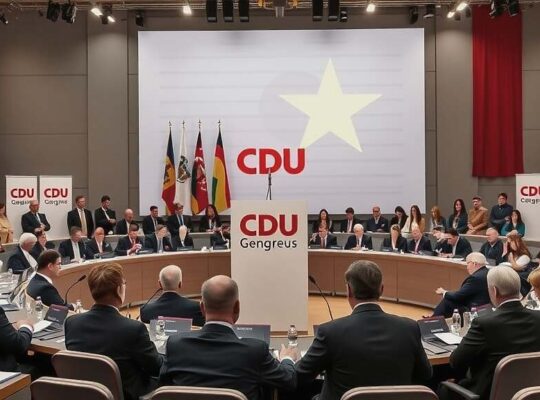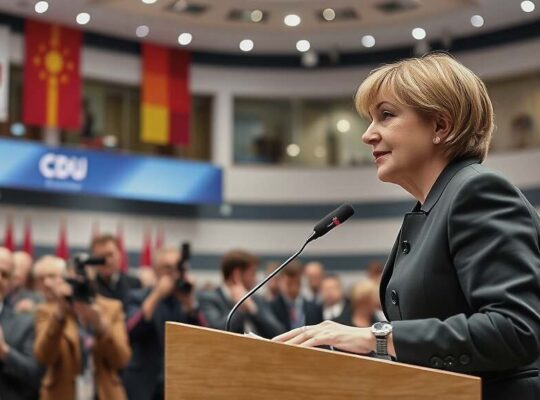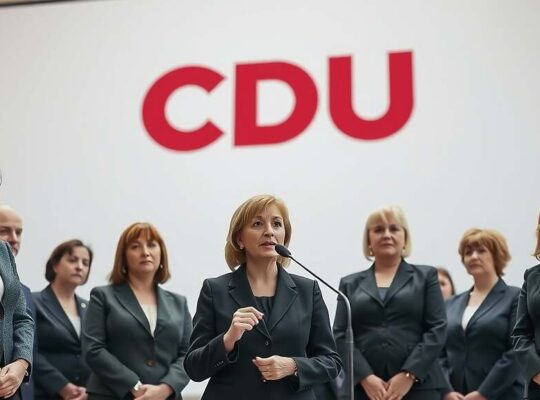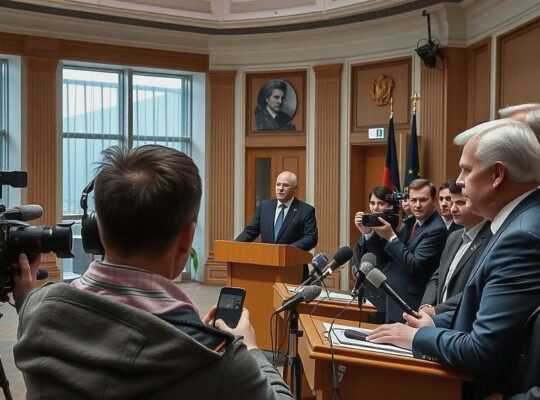The Dutch political landscape has undergone a significant upheaval in snap elections, with the centre-left D66 poised to emerge as the largest party, a dramatic shift from its performance in 2023. An Ipsos I&O exit poll, commissioned by NOS and RTL, indicates D66 will secure 27 of the 150 seats in parliament, more than tripling their previous result. This unexpected surge signals a potential rejection of the conservative policies pursued by the outgoing government.
The decline of Geert Wilders’ Party for Freedom (PVV) is arguably the most striking development. Once considered a frontrunner, the PVV is projected to plummet from 37 to 25 seats. Wilders, who triggered the election after his hardline immigration proposals fractured the ruling coalition, now faces a sharply reduced influence and diminished prospects of forming a government. The widespread rejection of potential coalitions with the PVV highlights the depth of opposition to his agenda.
The People’s Party for Freedom and Democracy (VVD), previously a key player in the government, shows surprising resilience, retaining a projected 23 seats under Dilan Yesilgöz’s leadership. This suggests a base of support remains despite the discontent that led to the collapse of the previous administration, although the party’s overall power has been curtailed. The collaboration of the Labour Party (PvdA) and GreenLeft (GL), led by former EU Commissioner Frans Timmermans, is expected to secure 20 seats, representing a notable showing for the left-wing alliance.
The results also demonstrate the fragmented nature of Dutch politics, with a slew of smaller parties vying for parliamentary representation. The Christian Democratic Appeal (CDA) is projected to gain 19 seats, while JA21 is expected to secure nine and the Forum for Democracy six. The farmer-citizen movement BBB, formerly part of the ruling coalition, is significantly downsized to just four seats, potentially reflecting a reassessment of its role amidst broader political shifts.
One significant casualty of this election cycle is the New Social Contract party (NSC). Following the withdrawal of its founder, Pieter Omtzigt, the party is predicted to have lost all of its 19 seats, highlighting the fragility of political movements built around singular charismatic figures. The results underscore the challenges faced by parties attempting to present novel approaches in a deeply polarized environment. The overall outcome casts a long shadow over the future of Dutch governance, indicating a period of potential instability and difficult coalition negotiations as the various political factions grapple for influence.


